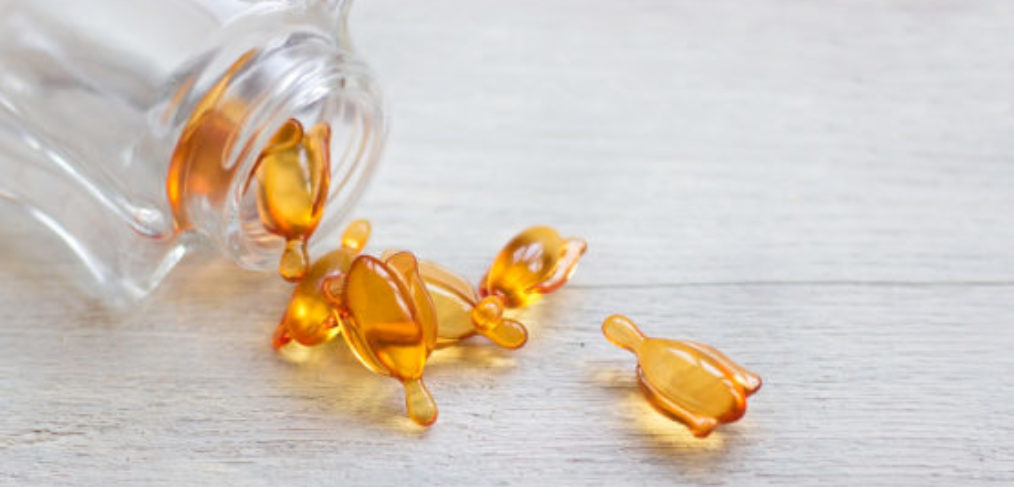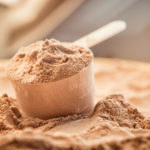Hands Down: The Best Collagen? Think Again.

I love my dermatologist. She’s efficient, kind and incredibly talented at spotting even the most unsuspecting moles or skin abnormalities that an untrained eye (such as my own) would miss.
Last summer, at my twice annual mole check, she detected a tiny, pink spot on my back that she didn’t like the look of. I never would have seen it because of its location and furthermore, because it was so small and looked nothing like the images of skin cancer I’ve seen to be on the lookout for (asymmetrical, irregular border, strange color or large diameter).
At any rate, the biopsy showed it was in fact melanoma and resulted in having to cut out a tablespoon size portion of flesh to ensure it was completely gone (it was).
I am forever grateful to her for having found that spot.
So it is with the utmost level of respect that I begin this post.
With all the advances of modern medicine, we also have the ability to do more than is needed, especially when it comes to the field of dermatology.
While I’m far from a skin expert, I know enough about how the body works and how quickly skin cells repair and rebuild when compared to other types of tissue, such as neurological; in less than a month, skin cells regenerate (1).
Point in case: collagen.
How many of use think back to the first time we heard about collagen and it was in context with either a cream to put on our faces to keep us from aging or in the form of an injection we might opt to have to fight the signs of again (wrinkles, laugh lines and the like)?
I, for one, have been advised by three different dermatologists since my mid twenties, upon asking their recommendation for ‘best eye creams’ (my ‘problem’ area has always been under eye wrinkles and circles) to go ahead and begin botox or collagen injections, a “minor” surgical procedure or a combination of all of the above.
Fortunate to never have experienced a problem with acne, I’ve worked with many a client on their nutrition who, one eschewing gluten, dairy and sugar, were able to remove themselves of a RetinA or worse protocol and develop naturally glowing skin without side effects of potent medications.
So why is it that the typical dermatologist won’t discuss nutrition when it comes to either treating acne, fine line, wrinkles and other skin concerns?
Your guess is as good as mine and I’d be willing to wager it comes down to the bottom dollar.
Dermatology is a lucrative speciality in medicine, with an estimated $16 Billion spent on procedures classified as elective (2) in 2017.
And while I’m certainly not claiming that drinking daily bone broth is going to result in a baby-fresh face after a week or two the way a chemical peel or laser treatment might, changing what we eat and how we live can absolutely impact the appearance of our largest organ.
Collagen is the protective fiber that serves as the connective tissue in the body. Made of protein, collagen contains large amount of two amino acids, Hydroxyproline and hydroxylysine, which provide collagen with the flexibility and strength to hold tissue and organs together, expand with growth and repair damaged cells. With age, sunlight and free radical exposure, collagen in the skin loses its elasticity and produces new cells at a much lower rate. While creams and collagen injections temporarily can restore lost collagen, other, more natural techniques may be preferable, such as consuming not only collagen itself, but foods that help the body make its own and boost absorption, such as foods high in antioxidants (3).
Aging gracefully, age is just a number and loving the true essence of who one really is are all parts of the picture, but that does not have to translate into shrugging our shoulders and chalk up looking old to equate to whatever year we were born and assuming there’s nothing we can do about it.
Quite the contrary; start with food, and make other lifestyle changes that are going to affect the skin if needed (stop smoking, be sun safe, get adequate rest and make sure what you use on your biggest organ is non toxic. (4)
Give it a little time and see how much progress you make and then, and only then, if you feel some cosmetic touch ups are needed, seek a well trained doctor with personal recommendations and research all the ins and outs of it.
There may well come a time when I decide to do something more intensive than drinking my daily broth and address those darn aging eyes, but until then…. bottoms up with the broth!
- https://www.webmd.com/beauty/cosmetic-procedures-overview-skin
- https://www.plasticsurgery.org/news/press-releases/more-than-16-billion-spent-on-cosmetic-plastic-surgery
- https://www.livestrong.com/article/284821-how-to-restore-collagen-in-skin-naturally/
- www.beautycounter.com/nellstephenson





